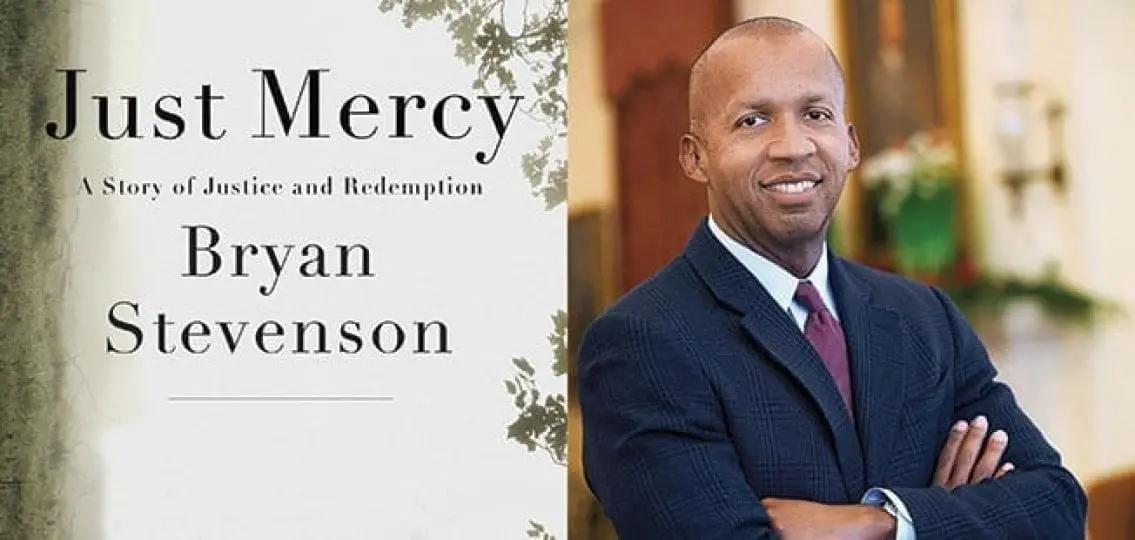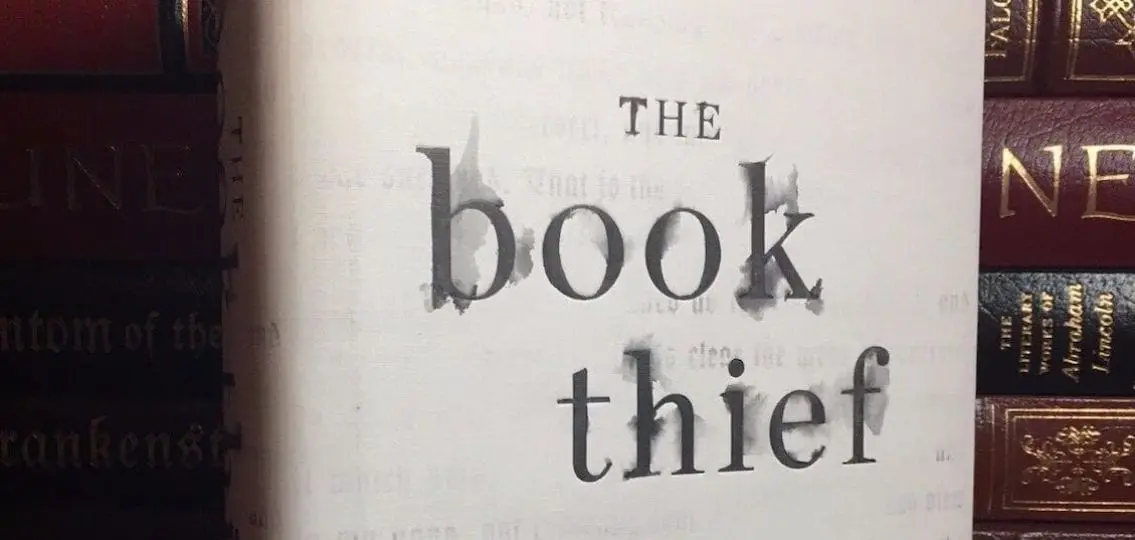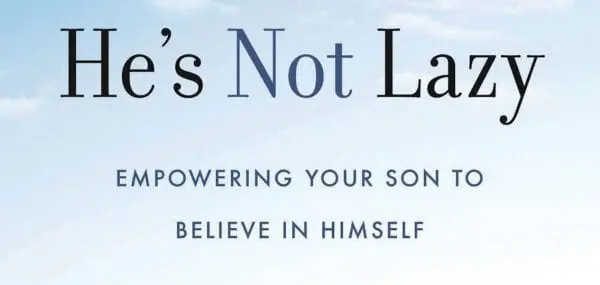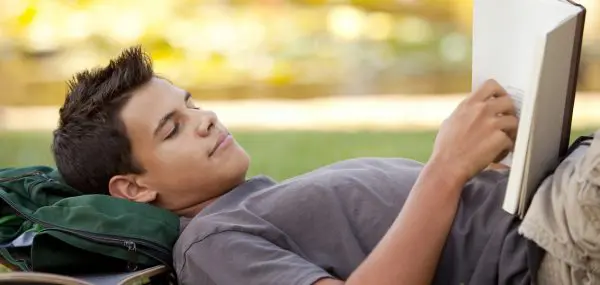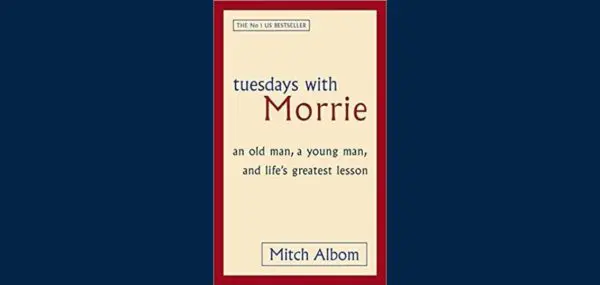- Just Mercy is the true story of a man wrongly convicted of murder and the lawyer who saved his life. Here a teacher and student share their perspectives on a book that challenges our assumptions about justice and fairness. The film adaptation is available as well, and it is also incredibly powerful.
-
Read more of our book reviews here:
TEACHER REVIEW | Jody Brown Podl
Last summer, my son was notified that Just Mercy was the summer read for incoming freshmen at his university. He took a copy of the book into his room and didn’t leave for hours. He explained that he just couldn’t stop reading it. With that endorsement, I got my hands on a copy and found myself immersed in it as well.
The book chronicles one man’s predicament when he is convicted of a crime he did not commit and ends up on Death Row. Bryan Stevenson, an attorney and founder of the Equal Justice Initiative, examines the circumstances that lead to the arrest, trial, sentencing, and incarceration of Walter McMillian. And in doing so, he aims to seek justice for Mr. McMillian and to expose the problems that exist in our criminal justice system.
Stevenson incorporates information about several other injustices in alternating chapters, further revealing a system that seeks to condemn and punish, rather than rehabilitate.
While the book is riveting, it is not a feel-good reading experience. I spent most of the time clenching my fists and curling up into a ball. And I’m pretty sure that this is exactly how Stevenson wants me to feel—uncomfortable with the status quo. He does so with a straightforward narrative, powerful statistics, and historical context. But his real strength is the way that he humanizes people who are most often demonized.
While there are no easy ways to fix what is broken, Stevenson doesn’t let the immensity of the task deter him.
The determination and compassion that he demonstrates as he works on behalf of the prison population are so inspiring. Against tremendous odds, Stevenson is making a difference, and that’s some hope worth holding on to.
While Stevenson is doing the heavy lifting, there’s plenty of work for the rest of us to do as well. First, we need to recognize that there is so much more to a story than what we first see. It is our responsibility to look beyond the headlines and soundbites and get closer to the situation. When we know more, we care more. We stop thinking about people in terms of us versus them.
Most importantly, Stevenson argues vehemently that “we are more than the worst thing we’ve ever done.” This piece of wisdom certainly applies to those who languish in our prisons, but the truth is that we all have made and will continue to make mistakes in our lives. If we are to function as a just society, we need to find ways to see mistakes as opportunities for not only understanding and forgiveness, but also for learning and growth.
Jody Podl taught at Shaker Heights High School in Shaker Heights, OH
STUDENT REVIEW | Ellie Shafron
Just Mercy by Bryan Stevenson tells the compelling story of a lawyer working for clients on Death Row. When I began reading, there were a lot of significant things that stuck out. My dad is a lawyer, so I know a little bit about legal processes from his stories. But it’s different when the case is literally life or death. Usually when I read a book, I think about it as something imaginary, but when I started reading Just Mercy, it hit me how real this story is.
Every time I read part of the book, I’d put it down and just think, “Wow. This is happening to real people every day.”
The idea that there are people on Death Row who are not fairly represented, whether they truly committed the alleged crime or not, is crazy to me. The main lawyer of the story, Bryan, is doing the majority of his work purely because he wants to help these people. He bonds with them, he meets their families, and he learns their stories because he wants to save their lives.
The settings of the jail and the places where these families live have a huge impact on how they are treated by judges and juries, most of it being illegal. It confuses me as to how the injustices in this book were not stopped by any higher-ups who saw them happening. There were people who were accused of crimes they didn’t commit, who had alibis and witnesses whom they were with. And all of this evidence would be presented to the judge and the jury. Yet it simply would not be acknowledged.
After reading the book one afternoon, I was talking to my dad about it at dinner. I asked him how the judges could do that. I could not understand how those evaluating the case and determining the fate of this man’s life did not even looking at the hard evidence.
Ellie Shafron is a student at Shaker Heights High School in Shaker Heights, OH
